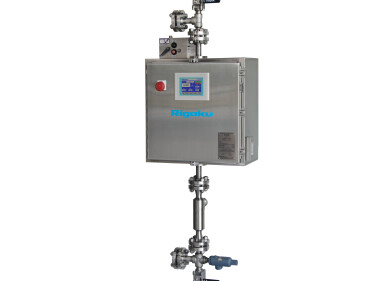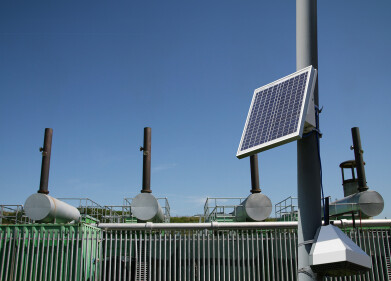Measurement and Testing
Why is Russia Removing Crude Oil Export Duty?
Sep 28 2018
Churning out a huge 11.24 million b/d in 2016, Russia is one of the world's largest oil producers. When the Federation makes a major economic move the ripples are felt across the globe, and the latest announcement from Putin is no exception. In a bid to reduce state support for the local refining industry and slash government subsidies, Russian President Vladimir Putin has signed a new amendment law that will phase out the oil export duty on Russian crude by 2024. The new law will be accompanied by a "negative excise duty" designed to cushion Russian refineries in the wake of an inevitable oil price rise.
A six-year phase out timeline
Currently, Russia's export duty is levied at 30%. It's based on the price of oil and is considered a marginal tax as it's also used to determine export duties placed on oil products. Under the new plan, the crude oil export duty will be removed completely. Starting in 2019, it will span for a six-year period and will see Russian crude export duties slashed by five percentage points a year. By 2024 the tax will be abolished.
The steady reduction and eventual abandonment of the crude export duty will actively pull up export netbacks, which are used by Russian traders as a benchmark for setting domestic crude prices. Ultimately, this will spark a price hike and bring Russian crude prices into line with international exports.
Government set to cushion oil industry with refund mechanism
To lessen the sting refineries will encounter in the wake of rising crude prices and national subsidies, the Russian government has developed a refund mechanism, also known as negative excise duty. Payments will be made based on the amount of crude a refinery processes, as well as the products they offer to the domestic market.
Putin has also flexed his muscles when it comes to VAT, recently approving an increase of 2% which will see consumers hit with a total of 20% starting in January 2019. Overall, the move is expected to boost national revenue by more than Rb600 billion, or the equivalent of US$9.6 billion a year.
While the US is powering forward with shale oil, sanctions that limit technological solutions are causing a lag in Russia. For a closer look at the factors shaping the American energy landscape don't miss 'A paradigm shift for shale: the environmental, financial, and litigative impetus for produced water recycling'
Digital Edition
PIN 25.5 Oct/Nov 2024
November 2024
Analytical Instrumentation - Picturing Viscosity – How Can a Viscometer or a Rheometer Benefit You? - Sustainable Grease Formulations: Evaluating Key Performance Parameters and Testing Method...
View all digital editions
Events
Nov 27 2024 Istanbul, Turkey
Biogas Convention & Trade Fair 2024
Nov 27 2024 Hanover, Germany
Dec 03 2024 Dusseldorf, Germany
Dec 08 2024 Anaheim, CA, USA
Turkey & Black Sea Oil and Gas
Dec 11 2024 Istanbul, Turkey



















